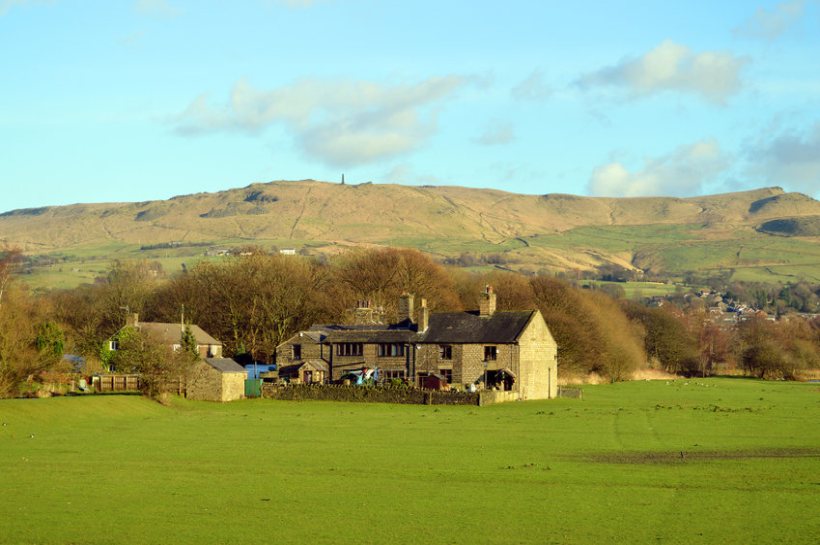
New planning laws seeking to slash red tape and give farmers greater freedom to diversify their businesses have been welcomed by the industry.
The changes follow a government consultation which proposed a significant expansion to current permitted development rights (PDRs) in England.
Changes include expanding and extending the size of buildings that can be erected with permitted development, and widening the changes of use within on-farm buildings.
It means farmers will be able to convert buildings and land into business opportunities, such as outdoor sports facilities and larger farm shops, without the need for a planning application.
The NFU said the changes would “greatly support the modernisation, expansion and diversification of farms across the country”.
The union said: “These changes are essential opportunities for farmers who wish to diversify their business, allowing them alternative streams of income and the ability to further support their local rural economy."
However, it said farmers would be disappointed to see that livestock buildings remained excluded from the changes.
The NFU added: “While it's good news that Class Q rights, which allow farmers to convert agricultural buildings into homes, are being expanded, as the NFU has long asked for more rural housing, it's also disappointing that these will not be extended to protected landscapes either.”
Previous restrictions under Class Q meant that no more than five barns could be converted into homes.
But the new changes means this has now increased to ten and the total combined areas of these homes has been increased to 1,000sqm from 865sqm.
The expansions of Class Q were not extended to protected landscapes, with the NFU responding: “These areas are often the hardest for new housing to be developed on and opening up this option for farmers could significantly benefit their local communities."
The Country Land and Business Association (CLA) said it had long argued for PDRs to be extended to grow the rural economy.
Deputy president, Gavin Lane said: “We welcome the news that farmers and landowners will now be able to convert agricultural buildings into a higher number of dwellings,.
"There is a chronic lack of rural housing and without it, the sustainability and vibrancy of communities up and down the country is under threat."
But he said the move to not expand Class Q PDRs for National Parks and protected landscapes as 'bitterly disappointing'.
Mr Lane said: "A recent CLA survey found that more than half of our members living in protected landscapes wish to convert existing and redundant agricultural buildings that no longer serve their existing purpose, but under current planning rules and restrictions they cannot.
“Allowing the use of Class Q within these areas would enable much needed development and help stimulate growth in the rural economy."
Announcing the measures, Farming Minister Mark Spencer said he was pleased to give farmers “the freedom to decide the best uses for buildings on their land, without needless bureaucracy holding them back”.
He said the government was listening to farmers, and that helping them secure their businesses was a “top priority”.
